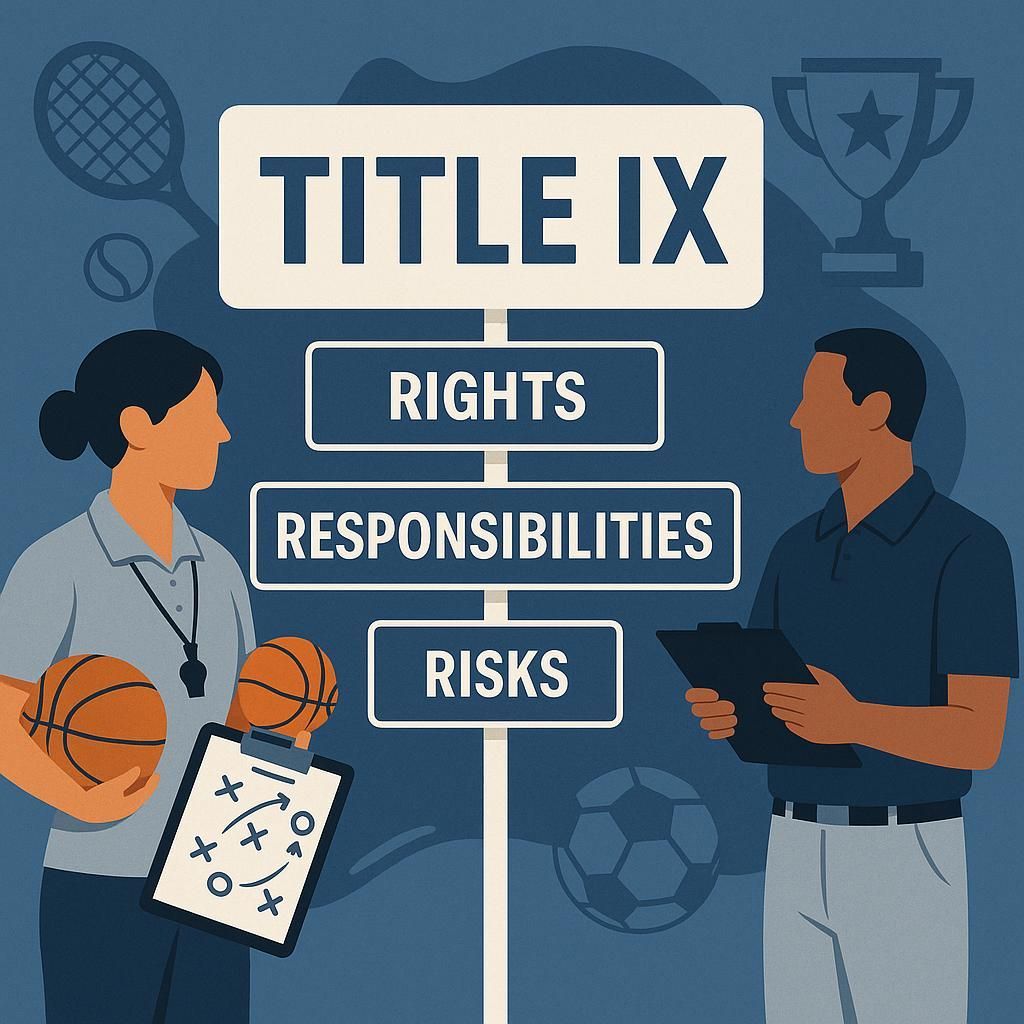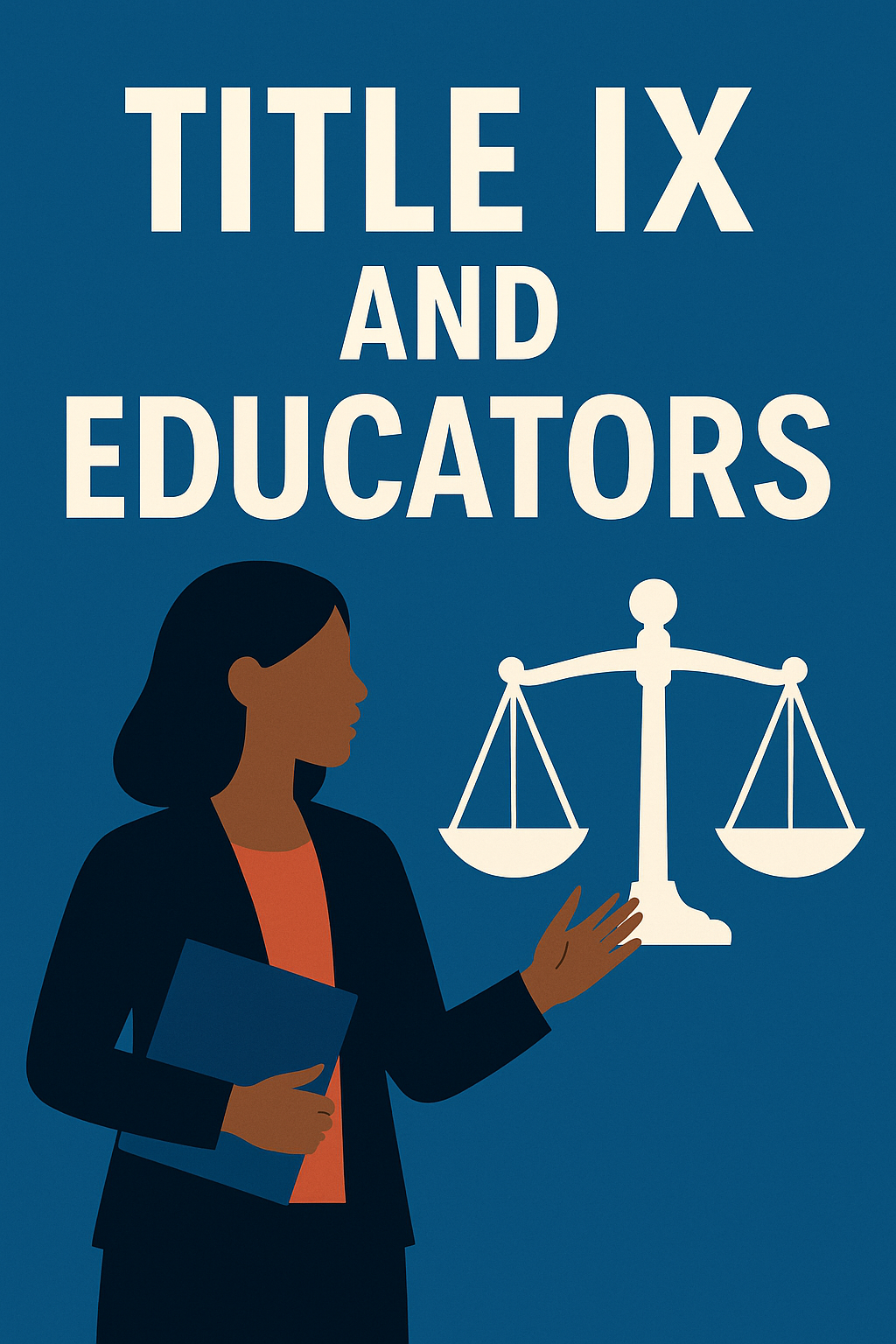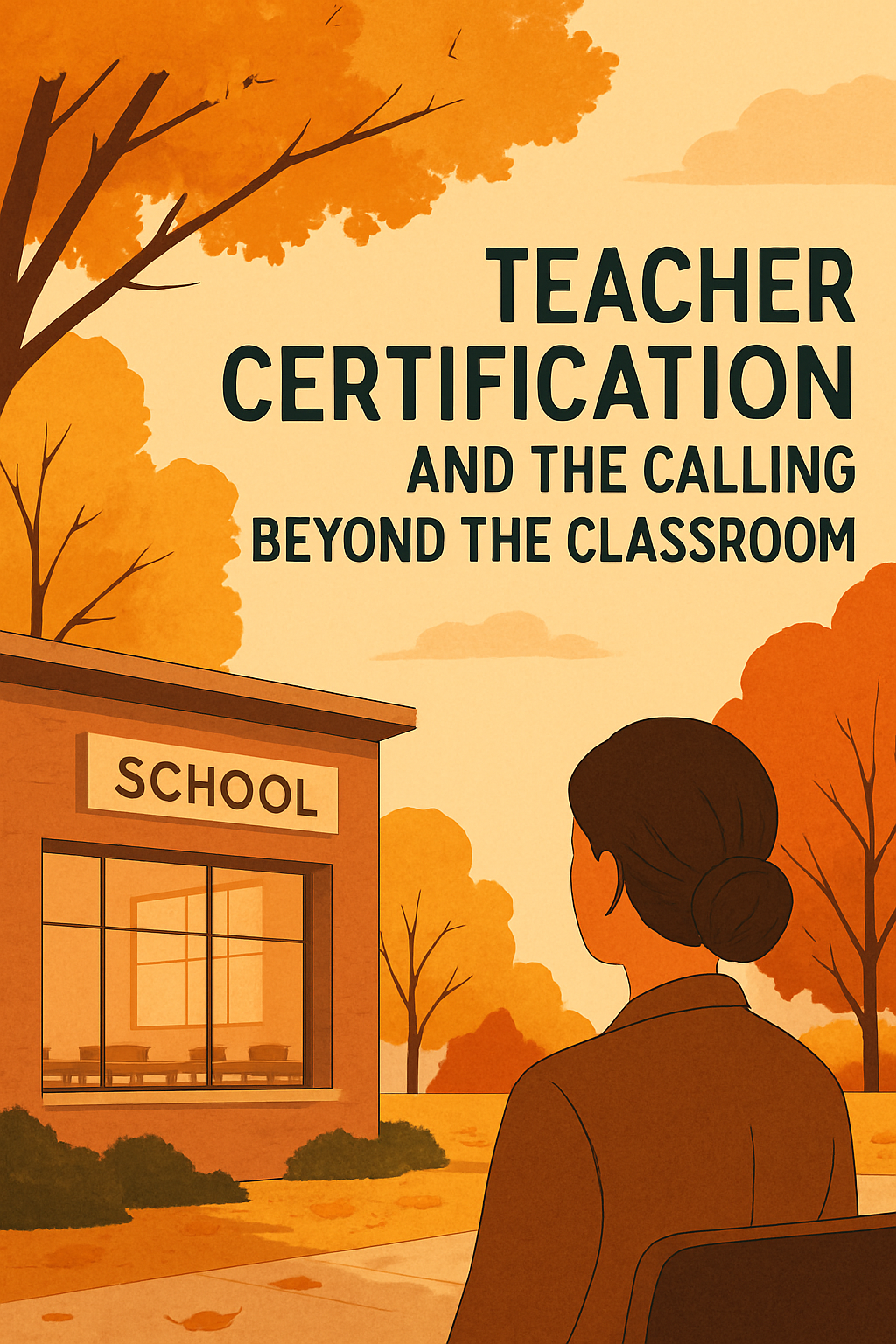Handling Faculty Misconduct Claims: Why Your Institution Needs a Higher Education Lawyer
As higher education institutions face increasing complexity in faculty misconduct cases, the role of legal counsel has never been more important. Faculty misconduct can range from academic dishonesty to more severe allegations like discrimination or sexual misconduct. Each case not only impacts the individuals involved but also the institution's reputation and financial standing. Ensuring that your university or college is prepared to handle these issues efficiently requires the expertise of a higher education lawyer.
At Masterly Legal Solutions, we specialize in guiding institutions of higher education through these challenges with tailored legal strategies, ensuring that your core mission is protected while safeguarding the interests of faculty and the institution as a whole.
The Importance of Legal Counsel in Faculty Misconduct Cases
When it comes to faculty misconduct, academic institutions face a delicate balance of protecting both the rights of the accused and the integrity of the institution. The stakes are high—missteps can lead to legal challenges, compliance issues, and damage to your institution’s reputation. A higher education lawyer provides the necessary legal counsel to manage these situations efficiently and lawfully.
Types of Faculty Misconduct Cases
There are various forms of faculty misconduct that require thorough investigation and legal oversight. Common issues include:
- Sexual misconduct or harassment: Title IX violations are a major concern for colleges and universities. Mismanaging such cases can result in penalties or even lawsuits.
- Discrimination claims: Faculty members may face allegations of age discrimination, race or gender-based discrimination, or other civil rights violations.
- Academic dishonesty: Plagiarism or falsifying research results may arise, impacting not only faculty careers but also the institution’s standing.
- Contract breaches: Faculty employment contracts must be upheld, and any breach, such as wrongful termination, must be legally justified.

Why Faculty Misconduct Cases Require Expert Legal Guidance
Faculty misconduct cases often involve overlapping legal issues, including employment discrimination, intellectual property disputes, and violations of federal laws like Title IX or the Family Educational Rights and Privacy Act (FERPA). For academic institutions, navigating this legal minefield requires more than a surface understanding of these laws—it demands extensive experience in higher education law.
At Masterly Legal Solutions, we bring a deep understanding of higher education law, with our team offering guidance on the applicable laws that ensure institutional compliance while minimizing potential risks.
Federal Laws and Compliance Challenges
Higher education institutions must comply with several federal laws that govern faculty behavior and institutional responsibilities. These include:
- Title IX: Governs sexual harassment and sexual misconduct claims.
- The Clery Act: Requires institutions to report campus crimes, including misconduct by faculty.
- Family Educational Rights and Privacy Act (FERPA): Limits disclosure of faculty records tied to student information.
Ensuring compliance with these regulations protects your institution from legal repercussions and supports a fair investigation process.
Managing Faculty Misconduct Investigations
Effective management of faculty misconduct claims requires a coordinated effort between institutional administration, human resources, and legal counsel. An investigation must be thorough, impartial, and compliant with both institutional policies and federal laws.
The Role of Legal Counsel in Investigations
A higher education lawyer plays a critical role during investigations by ensuring:
- Fairness: Both the institution and the accused faculty member are treated fairly, avoiding future claims of discrimination or bias.
- Regulatory compliance: Ensuring the institution complies with federal mandates like Title IX and the Clery Act.
- Evidence collection: Legal teams work with HR and administrators to ensure all evidence is collected and documented properly, reducing the risk of mishandling sensitive information.
Protecting Your Institution’s Reputation
Faculty misconduct claims often attract media attention and public scrutiny, making it vital for colleges and universities to have strong legal representation. A higher education lawyer helps mitigate reputational damage through strategic legal decisions and communications that protect the institution.
Policy Development to Prevent Faculty Misconduct
A proactive approach to handling faculty misconduct begins with the development of clear, legally sound policies. Legal counsel can assist educational institutions in creating policies that not only address misconduct but also comply with higher education law.
Creating Strong Policies
Legal professionals help institutions draft:
- Faculty handbooks: That clearly outline misconduct procedures, rights, and responsibilities.
- Employment contracts: To cover terms of conduct, termination, and intellectual property rights.
- Sexual misconduct and harassment policies: To comply with Title IX and prevent future legal action.
Ensuring Compliance with Title IX and the Clery Act
Compliance with Title IX and the Clery Act is non-negotiable for higher education institutions. Failure to meet these requirements can lead to severe penalties, loss of federal funding, and lawsuits. A higher education lawyer ensures that your institution is fully compliant with these federal mandates, providing guidance during investigations and developing policies to prevent violations.
How Title IX Applies to Faculty Misconduct
Although Title IX is commonly associated with student misconduct, it also applies to faculty. Allegations of sexual harassment or assault can fall under Title IX’s jurisdiction, requiring the institution to conduct a fair and impartial investigation. Failing to do so could lead to lawsuits and loss of federal funding.
Handling Employment Disputes and Faculty Contracts
Faculty employment contracts are complex legal documents that must protect both the faculty member and the institution. When a dispute arises, particularly in cases of misconduct, a higher education lawyer ensures that the contract is upheld according to applicable laws. Additionally, they help address issues like:
- Tenure disputes
- Wrongful termination claims
- Intellectual property conflicts
Protecting Intellectual Property Rights
Faculty members often develop valuable intellectual property (IP), such as research and publications, during their employment. Ensuring that intellectual property rights are clearly defined in faculty contracts is essential. Misunderstandings over IP can lead to costly litigation for the institution.
Developing Strategies for Collective Bargaining Agreements
Faculty members in higher education may be part of unions that engage in collective bargaining with the institution. A higher education lawyer can guide institutions through these negotiations, ensuring that agreements are legally sound and beneficial for both parties.
Addressing the Needs of Higher Education Clients with Comprehensive Legal Solutions
Higher education institutions, including community colleges, universities, and private universities, face numerous legal challenges that require specialized knowledge and expertise. At Masterly Legal Solutions, we have extensive experience working with a wide range of higher education clients, from small colleges to postsecondary institutions. Our services are designed to help institutions navigate legal complexities related to student affairs, faculty tenure, and clinical affiliation agreements, among others.
We also provide support in handling complex litigation related to corporate law or labor and employment matters. Our team of experienced attorneys has worked with institutions on issues like labor disputes, employee benefits, and compliance with the Disabilities Act. This extensive background allows us to build strong and lasting relationships with our institutional clients, offering them legal guidance on a range of challenges.
The Role of General Counsel in Managing Academic Institutions
Having a reliable general counsel is essential for any academic institution in the higher education sector. Legal issues can arise in various areas, including faculty issues, labor and employment disputes, and matters involving student handbooks. A thorough general counsel can provide critical support to ensure compliance with institutional policies and applicable laws. This role becomes even more vital in situations involving sexual violence, allegations under the False Claims Act, or disputes over intellectual property.
Our team at Masterly Legal Solutions works closely with the general counsel of higher education institutions, offering strategic advice for managing these legal matters efficiently. We also provide guidance on emerging issues in distance learning and online education programs, helping institutions adapt to modern educational models while ensuring compliance with relevant legislation.
Legal Support for Employment and Labor Issues in Higher Education
Managing labor issues in the higher education industry is a critical concern for many institutions. With increasing demands from faculty and staff over employee benefits, employment contracts, and tenure rights, it is essential for educational leaders to have legal support in negotiating fair and lawful agreements. We also assist institutions in developing policies that promote a positive campus culture, ensuring that the strategic decisions made align with the institution's mission.
From advising on faculty tenure disputes to addressing potential claims related to the Disabilities Act, our experienced attorneys offer the legal insight necessary to avoid costly litigation and ensure compliance with pending legislation affecting the sector.
Protecting Institutions Through Strategic Planning and Legal Guidance
For proprietary schools, community colleges, and major corporations involved in educational ventures, having a clear legal framework is essential for long-term success. We assist institutions with strategic planning, helping them navigate the ever-changing regulatory landscape while preparing for future challenges, including potential financial exigency or data security incidents.
Our team also advises institutions on compliance with various federal and state regulations, helping them develop and enforce policies in areas such as faculty issues, student handbooks, and legal matters related to student affairs. Whether dealing with government agencies or collaborating with corporate clients, our goal is to support institutions with legally sound solutions that foster growth and innovation.
How Masterly Legal Solutions Can Help
At Masterly Legal Solutions, our higher education team has extensive experience representing colleges and universities in faculty misconduct claims. Our attorneys provide legal counsel for educational institutions navigating complex employment disputes, compliance issues, and federal law requirements. We take pride in our ability to advise institutions on the best practices to prevent and manage faculty misconduct while protecting their educational mission and reputation.
Our services include:
- Investigating faculty misconduct claims
- Ensuring compliance with Title IX, Clery Act, and other applicable laws
- Developing faculty handbooks and policies
- Representing institutions in litigation defense and contract disputes
Contact Us for a Free Consultation
If your institution is facing faculty misconduct claims or needs guidance on preventing future legal challenges, contact Masterly Legal Solutions at (972) 236-5051 for a free consultation. We are here to answer your questions, help you navigate the complexities of higher education law, and provide the legal counsel you need to protect your institution.
Remember, this article is for educational purposes only and does not constitute legal advice. Please consult an attorney for specific legal guidance related to your institution’s needs.

Looking for Legal & Business Solutions? Contact Us Now
Fill in the form or call us to set up a meeting













